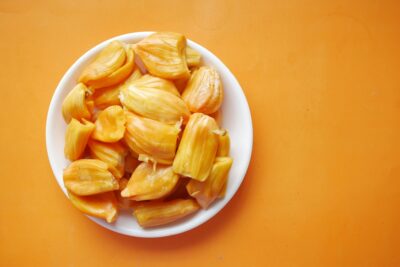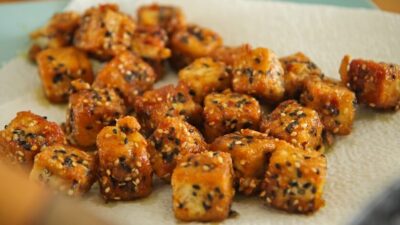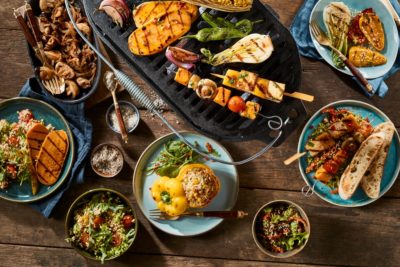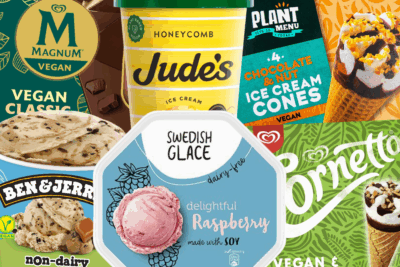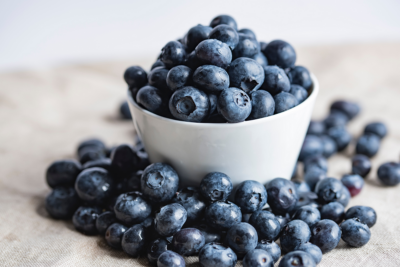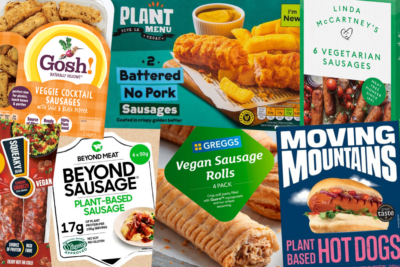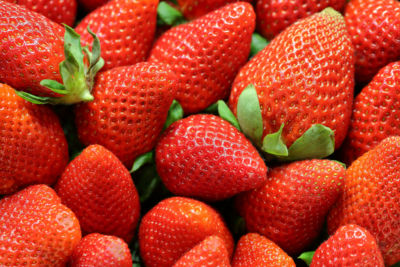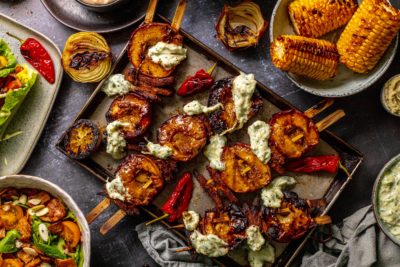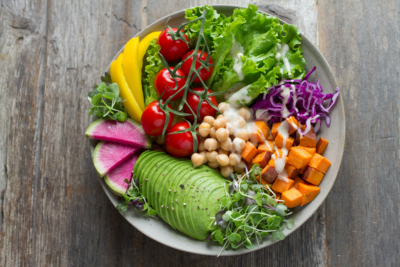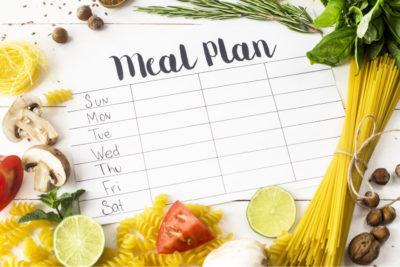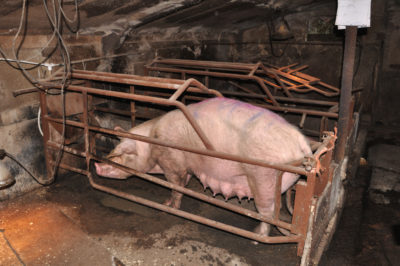Vegan nutrition made easy!
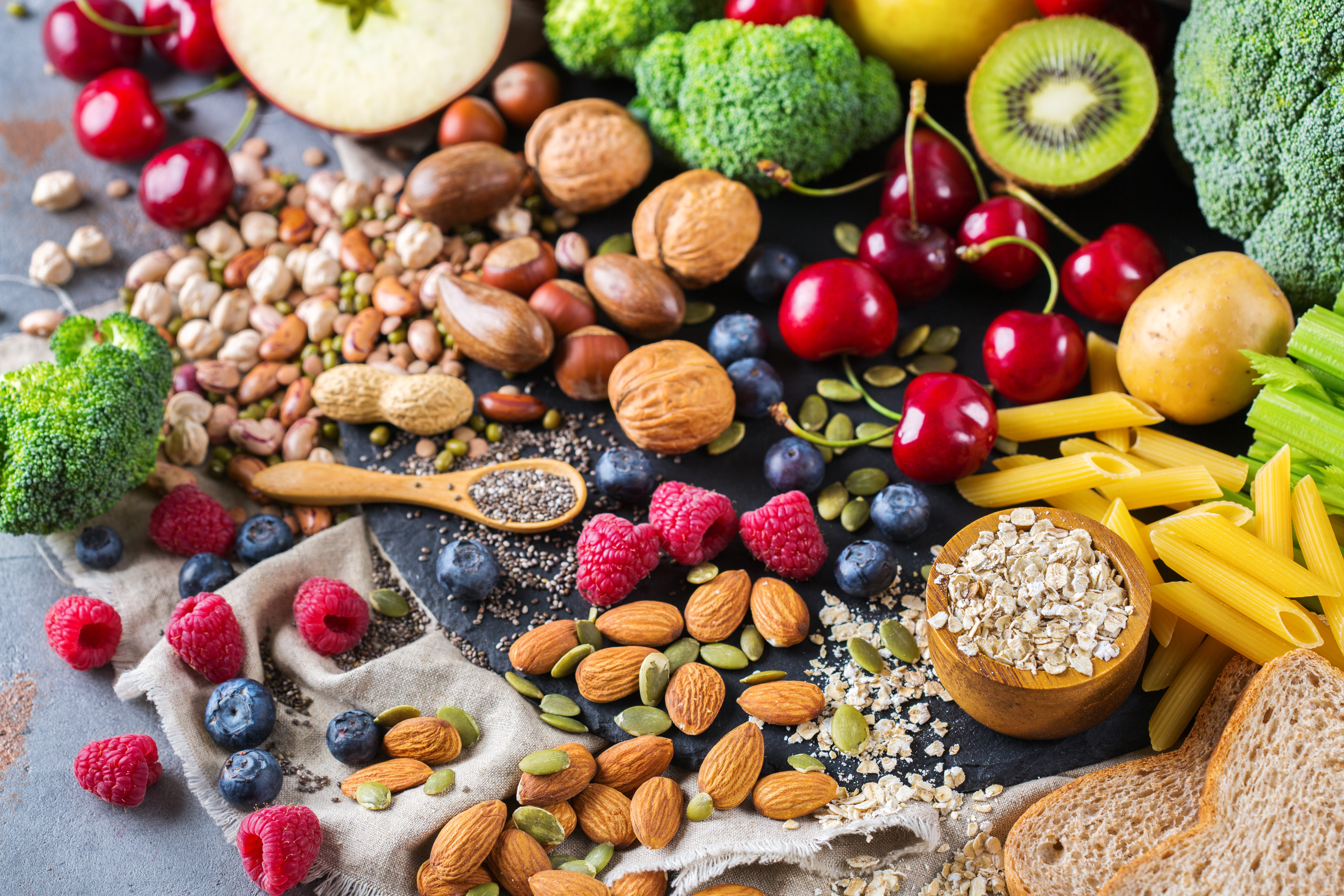
It’s natural to think about nutrition when we decide to eat vegan, perhaps in a way we didn’t before.
To put your mind at rest, we’ve pulled together some key vegan nutrition facts, focusing on the nutrients people typically have questions about.
Please note: one of the most common mistakes people make when transitioning to plant-based eating is not replacing what they’ve removed. Be sure to replace animal protein with plant protein. In short, you shouldn’t ONLY eat veg!
Protein
Protein is important for cell repair and maintaining or building strength, so it’s a vital part of our diet. And guess what? It doesn’t have to be animal-based.
Protein can be found in almost every food – even vegetables and potatoes contain some. Some of the best vegan protein sources are:
- Legumes – beans, peanuts, peas, lentils and soya (beans and soya products like tofu and tempeh)
- Grains – brown/wild rice, wholewheat bread and pasta, amaranth, buckwheat, and quinoa
- Nuts – Brazils, peanuts, cashews, almonds, pistachios and walnuts
Vitamin B12
Vitamin B12 is needed for the production of DNA and the healthy function of our nervous systems. Vegan sources of B12 sources include:
- A good quality vegan multivitamin/B12 supplement
- Fortified breakfast cereals
- Fortified plant milks
- Marmite/Vegemite and other fortified yeast extract spreads
- Nutritional yeast flakes (check for ‘fortified with B12’ on the label)
Although many foods are fortified with B12, you would need three servings of fortified foods per day, and this can still be unreliable.
Therefore, we suggest everyone takes a daily supplement of 25-100μg daily supplement or a 2000μg weekly dose. Individuals aged over 50 or with conditions like coeliac disease might need at least 50μg.
Find out more about B12 in a vegan diet on our dedicated page.
Note: If you’re concerned about your B12 levels, you should get them checked by a medical professional. If you are low in B12, you may have an issue absorbing it. This is relevant to everyone, regardless of their current diet.
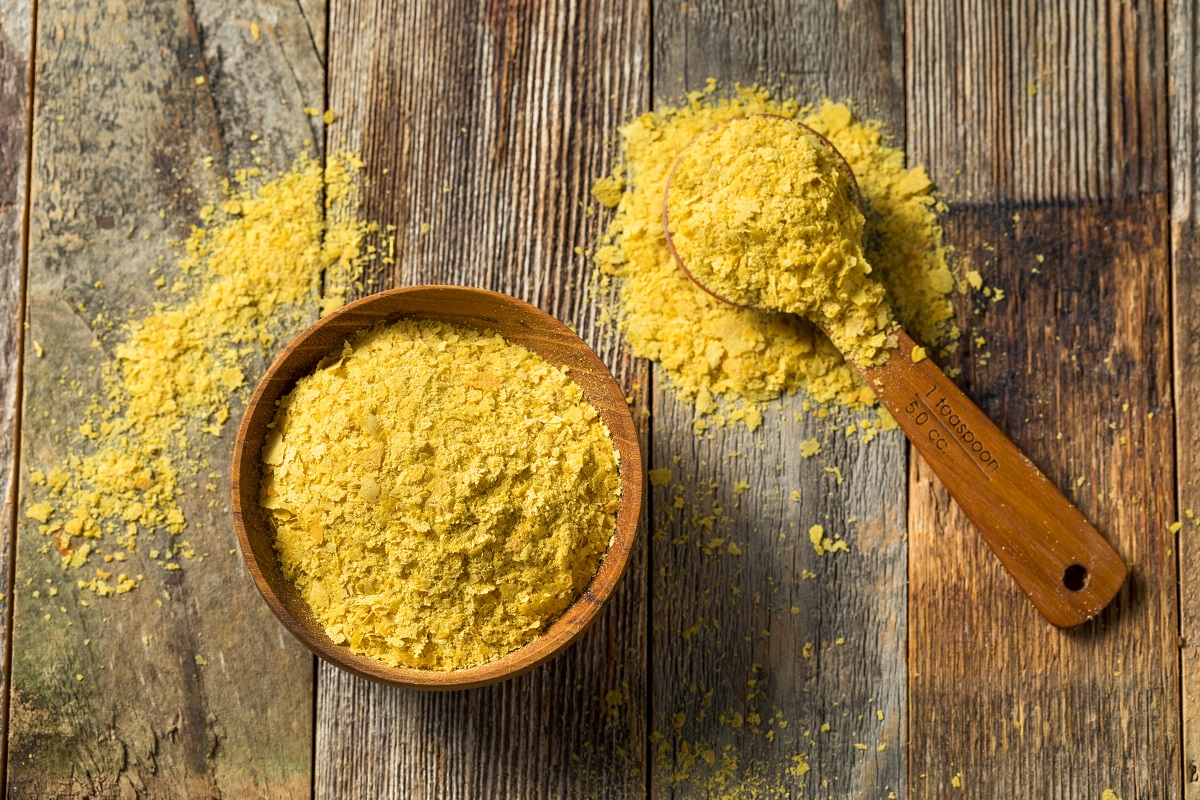
Omega-3 and -6
Omega-3 fatty acids are a group of unsaturated fats we must get from our diet as they’re very important for our heart and brain health.
There are three main omega-3 fatty acids: ALA, DHA and EPA. ALA is a short-chain fatty acid, while DHA and EPA are long-chain fatty acids. The long-chain omega-3s are found in fish (who obtain them from algae) and sea vegetables. The short-chain omega-3s are found in certain nuts and seeds, greens and soybeans.
EPA and DHA are the superstars with the health benefits, and ALA can be converted to these long-chain omega-3s in the body. However, this ability reduces with age and varies between individuals.
It’s important to note that there is more to getting enough omega-3 than just eating more foods that contain it. Since the Western diet is largely based on products such as bread and pasta, it makes the process of creating enough DHA and EPA much more difficult – especially if you aren’t eating foods such as oily fish.
Research suggests that the dietary ratio of omega-6 needs to be kept as low as possible whilst emphasising foods that are high in omega-3.
Practically speaking, since the only food containing both EPA and DHA is sea greens, vegans should take a high-quality microalgae supplement to ensure we get enough, particularly during pregnancy and breastfeeding.
A reliable source of omega-3 is an algae supplement with at least 250mg of DHA for adults per day. During pregnancy and breastfeeding, research suggests we should aim to get 500mg of EPA and DHA combined each day.
This can be done alongside consuming 2-4g of ALA per day. Sprinkle a tablespoon of chia seeds or ground flaxseeds (linseeds) over yoghurt or porridge, blend two tablespoons of hemp seeds into smoothies, or eat six walnut halves daily eaten as a snack.
Good dietary sources of omega-3 are:
- Ground flaxseeds (linseeds)
- Chia seeds
- Walnuts (six halves) and walnut oil
Sources of omega-6 are:
- Sunflower oil
- Safflower oil
- Soya oil
- Most nuts and seeds
Find out more in our dedicated omega-3 and omega-6 guide.
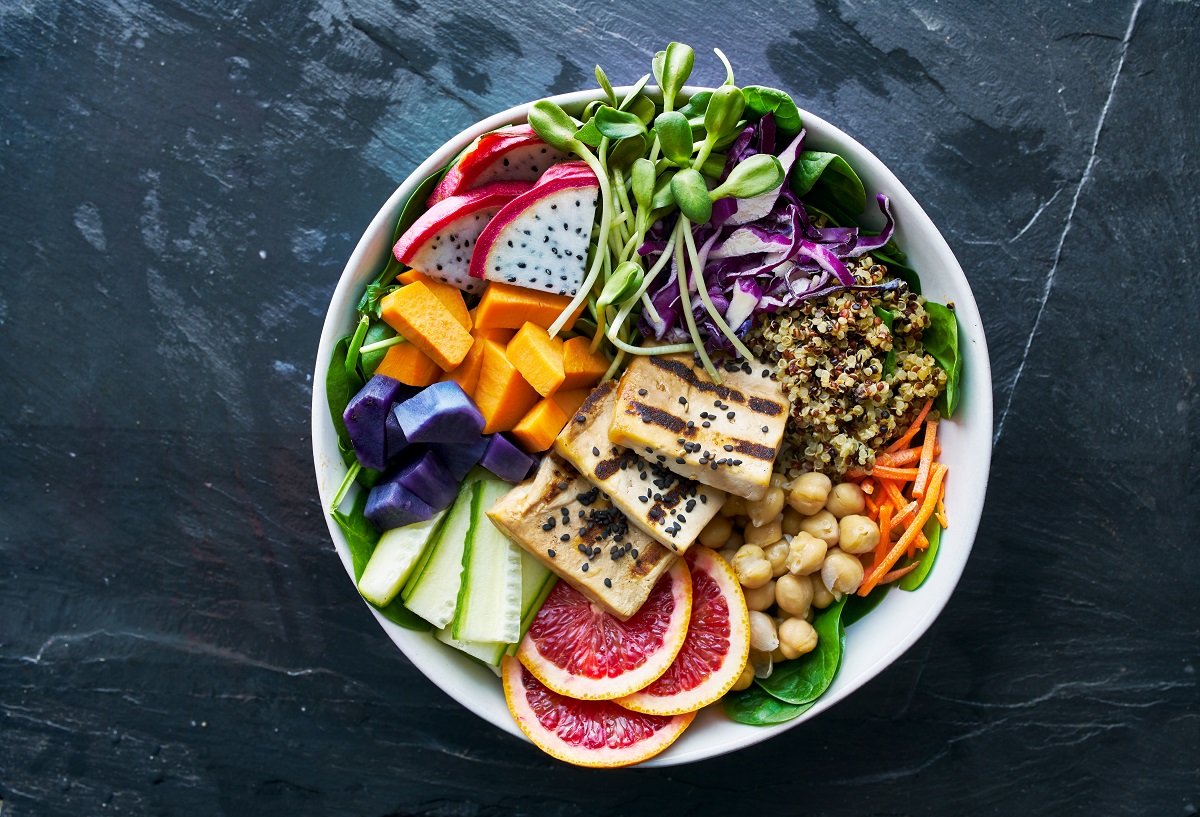
Calcium
Calcium is key for strong teeth and bones, so it’s important to ensure your body gets the amount it needs. Here are some vegan sources of calcium:
- Fortified plant milks
- Calcium-set tofu
- Kale, watercress, collard greens
- Broccoli
- Soya yoghurt
- Tempeh
- Tahini
- Oranges
- Dried figs
To aid absorption, avoid calcium ‘thieves’ such as too much caffeine, alcohol and sodium. Vitamin D also helps calcium absorption.
Vitamin D
Vitamin D is essential and many people do not get enough – regardless of diet.
To meet our vitamin D needs, we should aim to be outside towards the middle of the day with our forearms and legs uncovered without sunscreen for around 20 minutes (or slightly longer if we have darker skin).
If this is not possible, we should supplement to get enough vitamin D, even in summer. People living in northern latitudes should take a supplement, vegan or not, from late September through early April when sunlight is scarce.
Through the winter, UV-grown mushrooms are probably the best dietary source and can provide a substantial amount of our daily requirements. Other fortified foods include dairy-free margarines, breakfast cereals and breads; however, they are not the best source of vitamin D, so consider supplementing it year-round.
When choosing a supplement, it’s important to ensure it is vegan. Vitamin D2 is always suitable for vegans, but vitamin D3 can be derived from animals.
Dr Michael Greger’s acclaimed book, ‘How Not To Die,’ offers some great suggestions for a healthy, balanced plant-based diet. In it, he shares his Daily Dozen checklist to help you keep track of your nutrients each day. To make it even easier, simply print off the checklist and planner below and stick them on your fridge:
And that’s your vegan nutrition in a nutshell!
This page was reviewed by Claire Lynch, RD and nutritionist Rohini Bajekal from Plant-Based Health Professionals in November 2023. For more information, see the Plant-Based Eatwell Guide.

